Solving “Recommendation Fatigue”: What to Do When Google TV Doesn’t Understand You
When you switch on Google TV, set to unwind, and BAM!—it bombards you with suggestions that make you wonder if it even knows you. It is like, "Why are you showing me that?" Does that ring a bell? That feeling of being drowned in an ocean of irrelevant or redundant suggestions is what we call "recommendation fatigue." This is frustrating when technology that is meant to help you discover things adds to the noise. This article is all about wrestling back control and instructing Google TV to do what you really want it to watch.
What's Going On Under the Recommendation Systems?
So, how do Google TV suggestions even occur? Its algorithms—complicated systems of rules that process data to forecast what you will enjoy.
How They Work
These systems look at a bunch of things:
- What you watch: Obvious, right? If you binge three seasons of a sci-fi show, expect more sci-fi.
- What you click on: Even just clicking a trailer or reading a show's description tells the system you're curious.
- What you add to your Watchlist: A strong signal you're interested.
- What you rate (if applicable): Direct feedback.
- Search terms: What you actively look for matters.
- Time of day/day of week: Your viewing habits might change.
- What similar users like: It looks at people with overlapping tastes and suggests things they watched that you haven't.
Why Fatigue Happens & Recommendations Go Wrong:
- The Echo Chamber: You watch a few things in one genre, and suddenly, that's all it shows you. It gets boring fast.
- The Oddball Watch: You watch one weird movie late at night, maybe with a friend, and suddenly your feed is full of similar B-movies for weeks. The algorithm thinks it's your new favorite thing.
- Not Enough Info: If you're new or don't interact much (like/dislike, watchlist), the system is just guessing based on very little data.
- Ignoring Nuance: Maybe you love one specific actor, but not everything they're in. Or you like dark comedies, but not all comedies. Algorithms struggle with this kind of subtlety.
- Multiple Users: If different people use the same profile, the recommendations become a confusing mess reflecting everyone's tastes combined.
Identify Your Personal Preferences and Tell Google TV
Before you can correct the recommendations, you must have a good idea of what you actually enjoy. Sometimes we just click whatever is there without a thought.
Figure Out Your Real Tastes
Step back for a moment and think beyond what you just saw. What genres actually get you pumped up—thrillers, documentaries, rom-coms, or stand-up specials? Are there absolute themes or topics you always gravitate toward, like historical dramas, space exploration, or political dramas? Do some stars or directors just seem to always land with you?
Consider your typical viewing moods—sometimes you need light amusement, other times something serious. Just as important, accept what you dislike positively. Knowing you dislike reality TV or excessively sentimental films enables you to screen things out in your mind and eventually teach the system.
Send Google TV the Right Signals
Don't be a silent observer; actively inform Google TV that you enjoy certain things. Make good use of the search bar. Searching for specific genres, actors, directors, or titles that you're sure you enjoy provides good positive feedback to the algorithm. Fill your Watchlist – Whenever you see something that you feel has potential, even if you can't watch it right now, add it. This is informing Google TV, "Yes, I'm interested in something like this."
Also, act on the recommendations presented directly. If Google TV makes you long-press or enter into a menu for a suggested title, see if there's something like "Hide this" or "Not interested." Even if it does not offer a quick thumbs-up/down as with Netflix, making use of the options presented to include desired content and to exclude undesirable content helps in narrowing the suggestions to better tastes with time.
Practical Solutions to Improve Recommendations
Okay, let's get hands-on and try to nudge the algorithm in the right direction.
Tweak Your Google TV Settings
It's worth checking the settings menu on both your Google TV and perhaps your linked Google Account. Look for sections related to "Recommendations," "Content Preferences," or account management. You might have options to prioritize recommendations from streaming services that you do use. Most importantly, look for how to manage your viewing history.
Google TV recommendations are often overwhelmed by your overall Google activity, especially your YouTube history. You can usually manage this through your main Google Account settings (often in a web browser). Going to the "Web & App Activity" section might allow you to delete single viewing history that's skewing your recommendations (like that weird movie marathon). Note that this will affect other Google services, but it's a powerful reset option.
Also, keep an eye out for any "Hide" or "Not Interested" options directly on the Google TV interface when browsing content—use them liberally on stuff you don't want to see.
Look Outside Google TV for Ideas
While direct integration is missing, other websites and apps can be used strategically. Apps like JustWatch, Reelgood, or TV Time are excellent at following shows, getting recommendations from different algorithms or even friend activity, and discovering where content is streaming. Use these external tools to find titles that are actually of interest to you. Once you have a title, actively search for it on your Google TV and add it to your watchlist. By doing this, you give Google TV a clear indication of your specific interest, bypassing its potentially flawed discovery process for that title.
Overcoming Algorithm Limitations: Working Around the Machine
Algorithms aren't perfect. Sometimes, you need to work actively against their tendencies.
- Inject Some Variety: If you feel stuck in a genre rut, consciously watch something different. Pick a highly rated documentary, a classic movie, or something from a genre you usually ignore. This gives the algorithm new data points and can broaden its suggestions over time. Think of it as diversifying your education about your tastes.
- Use Feedback (When Possible): Actively use the "Hide" or "Not Interested" options whenever you see them on recommendations you dislike. It's like telling the algorithm, "Nope, bad guess." Over time, this can help it learn, even if it feels slow.
- Check Community Forums/Support: If you feel like recommendations are consistently terrible or broken in a specific way, sometimes checking Google TV support forums or Reddit communities can reveal if others have the same issue or if there are known bugs/solutions.
Get to Human Curated Content
Don't just trust what the machine is giving you. There's an entire universe of human-crafted content out there.
The Power of Human Picks
Experts, critics, and even your acquaintances typically have great recommendations that algorithms might miss out on. These can introduce you to latent gems or titles outside of your typical filter bubble.
Finding Curated Lists
Within Apps: Most of the streaming options found on Google TV (e.g., Netflix, HBO Max, etc.) have pre-curated lists ("Award Winners," "Cult Classics," "Director's Picks"). Browse through these sections.
External Sources
Go to websites like Rotten Tomatoes, Metacritic, or IMDb, or turn to entertainment critics whose views you can rely on on social media or their websites. Take interesting titles from there, and then search them on Google TV.
The Hybrid Approach
The sweet spot is typically a compromise. Have Google TV provide recommendations from your past, but also actively augment that with your own searches based on human recommendations or intentional discovery. Don't be afraid to clear the history (carefully!) or mess with settings in order to have things feel newer.

Taking Control of Your Viewing Experience
Google TV recommendation fatigue exists, but you're not helpless. Knowing how it happens, actively informing it what you like (and dislike), fiddling with settings, varying your viewing, and looking outside the algorithm to human curation, you can most certainly make things better. It does require a bit of work, but you can push Google TV to become a really useful discovery system rather than a source of frustration. Begin taking charge and reclaim your off-time as wonderfully enjoyable again!
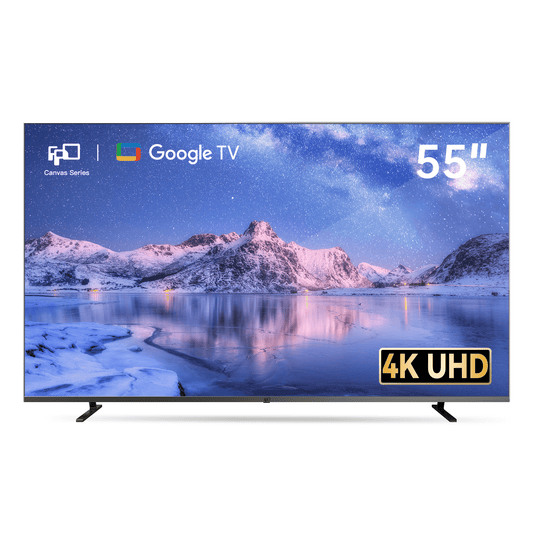
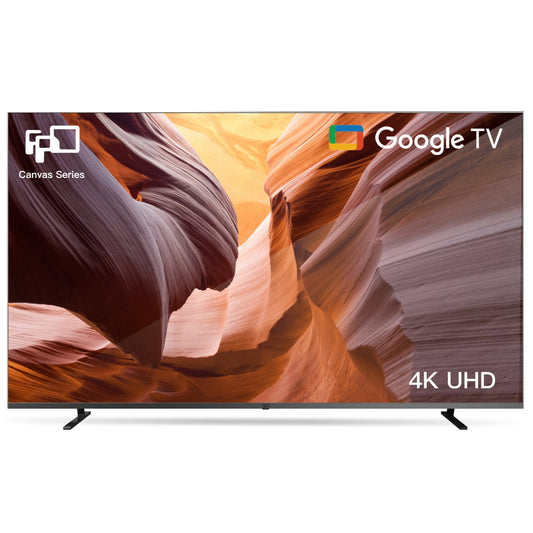
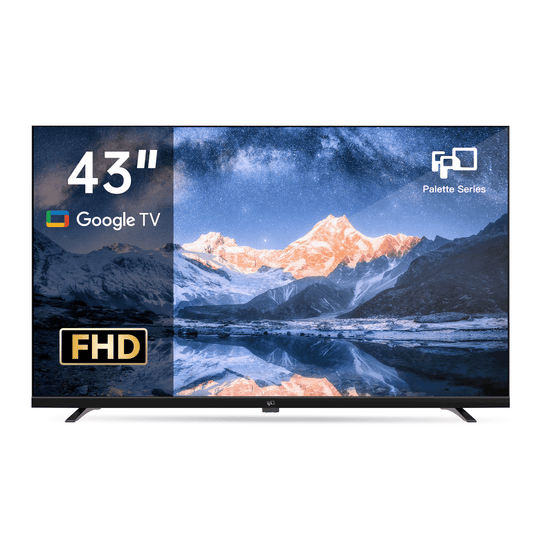
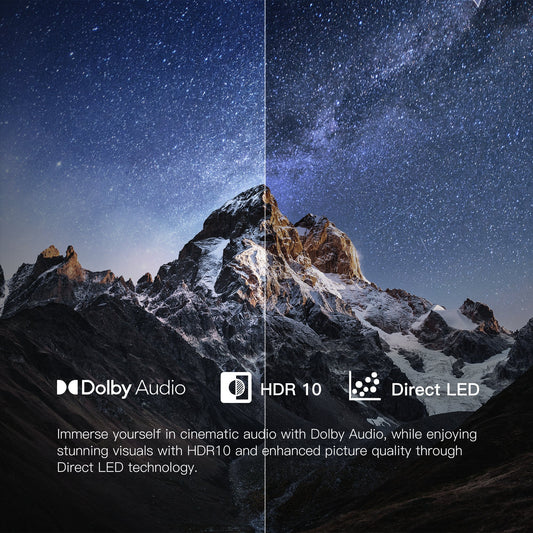
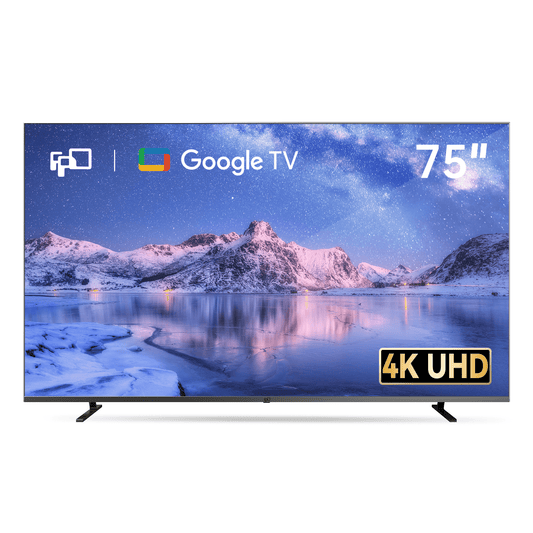
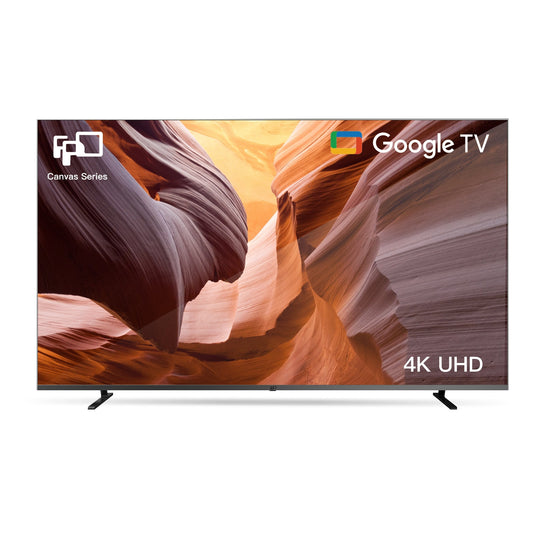
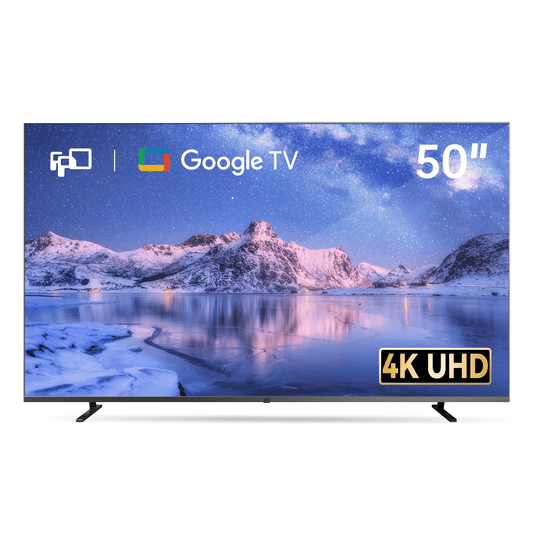
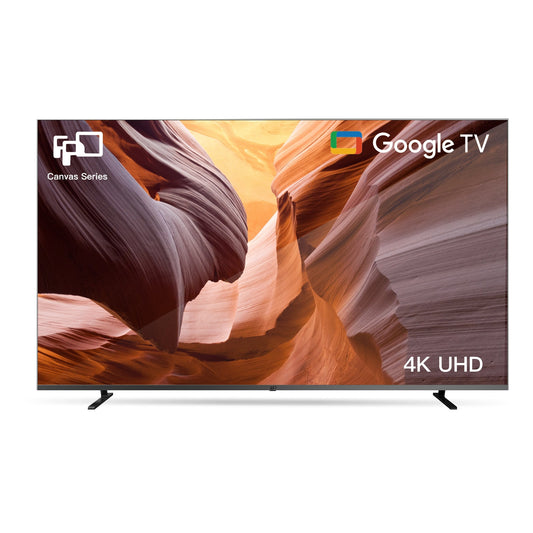

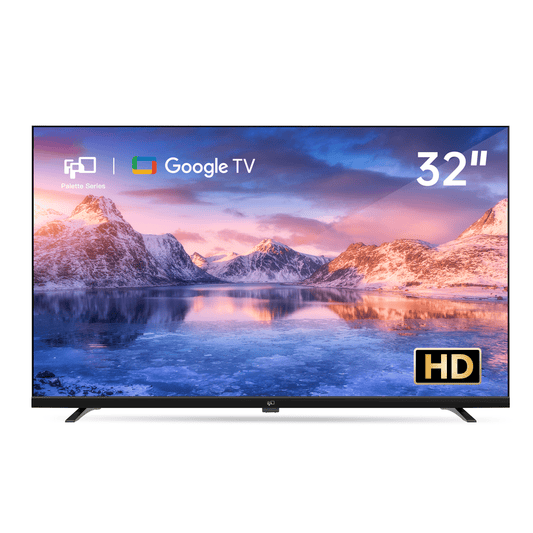
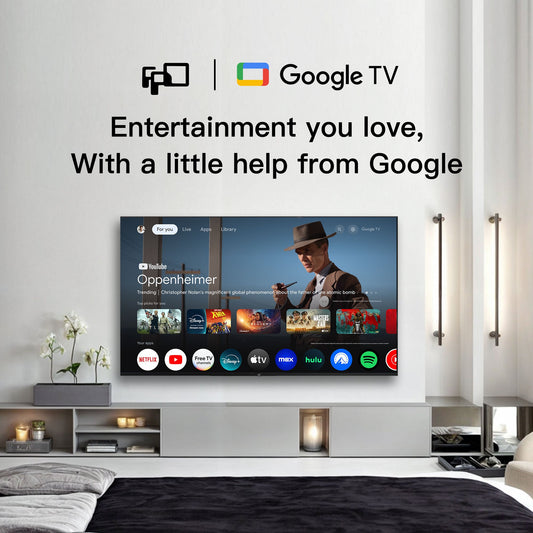
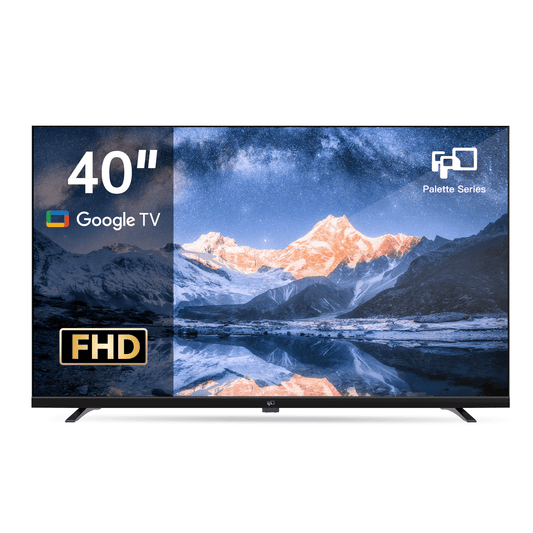
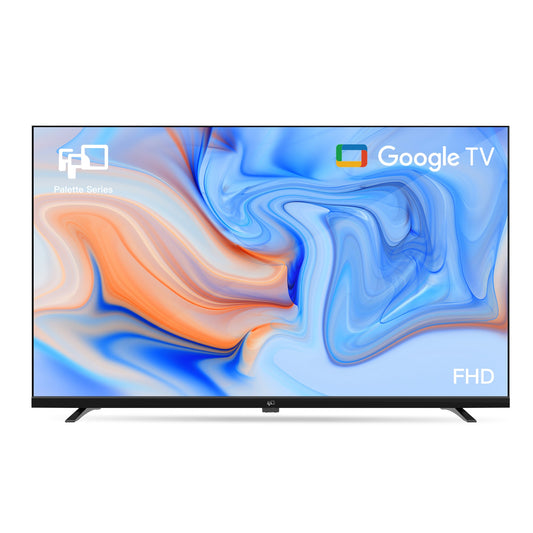
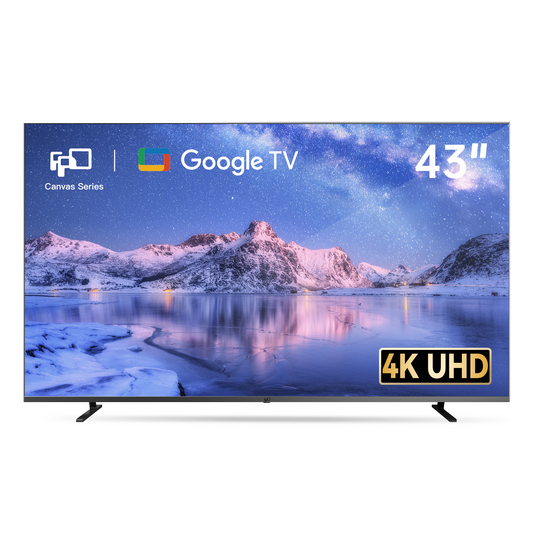
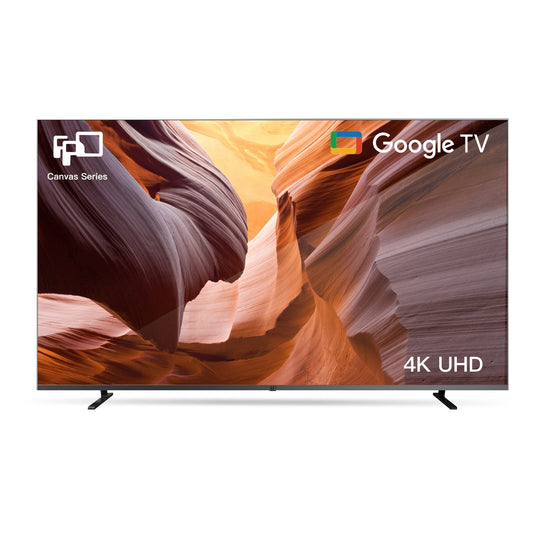
Leave a comment
Please note, comments need to be approved before they are published.